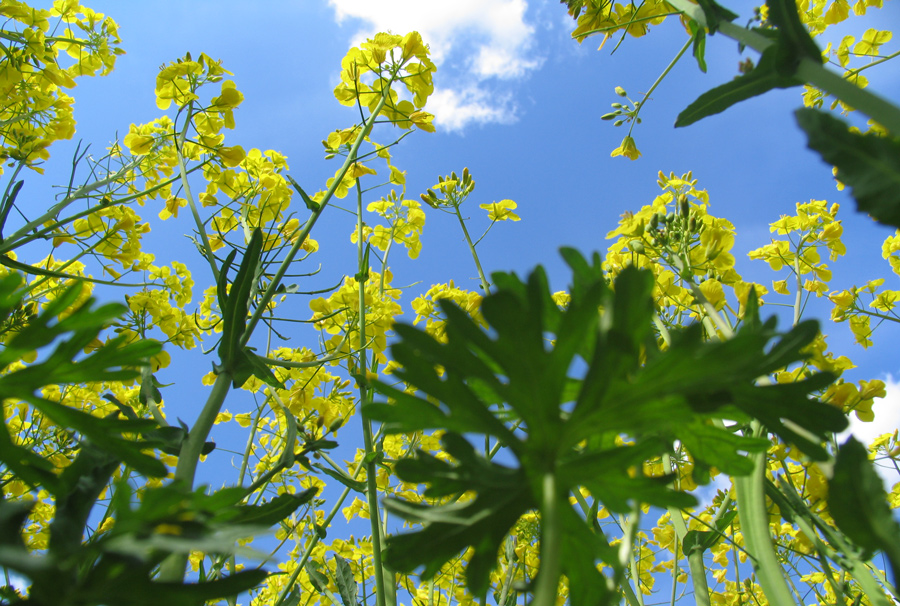Welsh farm experience of drilling OSR in early October
30th July 2019
Mitigating establishment risks for winter oilseed rape will be at the forefront of growers’ minds as they plan next year’s rotations and varieties.
Mitigating establishment risks for winter oilseed rape will be at the forefront of growers’ minds as they plan next year’s rotations and varieties. With winter oilseed rape, the key is to be flexible with the sowing date and wait for the conditions which allow establishment of a vigorous healthy crop. Initial findings from an AHDB Cereals and Oilseeds project point towards later drilling as part of the strategy in areas which are affected by cabbage stem flea beetle (csfb).
William Marsden of Marston Farms, Crickmarren, Castlemartin, Pembrokeshire and Agrii Agronomist Dai Llewellyn have shown just how flexible you can be with hybrid winter oilseed rape variety InV1035, drilling it on the 5th of October.
Mr Llewellyn said, “If conditions are right it’s fairly common for us to drill a lot of winter oilseed rape at the end of September. I have drilled in the first couple of days of October successfully before, however, it’s got to be a hybrid and it has got to be a vigorous hybrid. We chose InV1035 because, of all the hybrids I am involved with growing, this is the fastest developing variety in both the autumn and spring.
I have two late crops of InV1035, here in Pembrokeshire, one drilled the end of September, the other in October, and they are the best InV1035 crops I have anywhere.
Mr Llewellyn explained the reason for drilling so late, “We had already sown 40 ha of winter oilseed rape which had been planted in the second week of September and established well.
A 20ha block of land on Mr Marsden’s Crickmaram Farm was destined to be spring cropped but at the end of September we looked at the gross margin for the spring break crop and the numbers weren’t very good so we thought we’d have a go at growing late drilled hybrid oilseed rape.
At the time, the drilling conditions were good; it was going in after wheat and we cultivated the soil lightly, it’s a nice sandy loam, and then drilled with a Pottinger Terrasem. We drilled three fields of InV1035 on the 5th of October at 50 seeds/m2.
The InV1035 just flew out of the ground. By the time we put the herbicide on it, in mid December, there wasn’t much difference between the InV1035 and other varieties grown on the farm which were sown at a more normal sowing date.”
Mr Llewellyn added, “We are very fortunate that we have had no problem with csfb on this farm although csfb is now actually beginning to be an issue here in Wales.”
However, for many growers csfb means getting oilseed rape established is difficult, and in some cases impossible. This year adult feeding damage was only part of the problem; large numbers of larvae in the plant then inhibited growth and development of crops in the spring resulting in thousands of acres lost to this pest.
Although Mr Marsden’s crop has not had to contend with csfb, the successful establishment of the crop of Inv1035 so late in the season could offer growers a way of mitigating the risk of csfb larvae damage.
Dr Sacha White, ADAS entomologist, is lead researcher on the AHDB Cereals and Oilseeds funded project which collected 14 years of data from over 1600 sites across England and Scotland on csfb adult damage and larval populations.
He said, “September sowing correlated significantly with lower larval populations in both autumn and spring. If you have an early August drilled crop then the csfb are likely to be in that crop longer, feeding earlier and egg laying earlier. In some ways losing the crop to larvae is worse than losing it to adult damage because by that stage there has been greater investment in the crop and there are less redrill options.”

